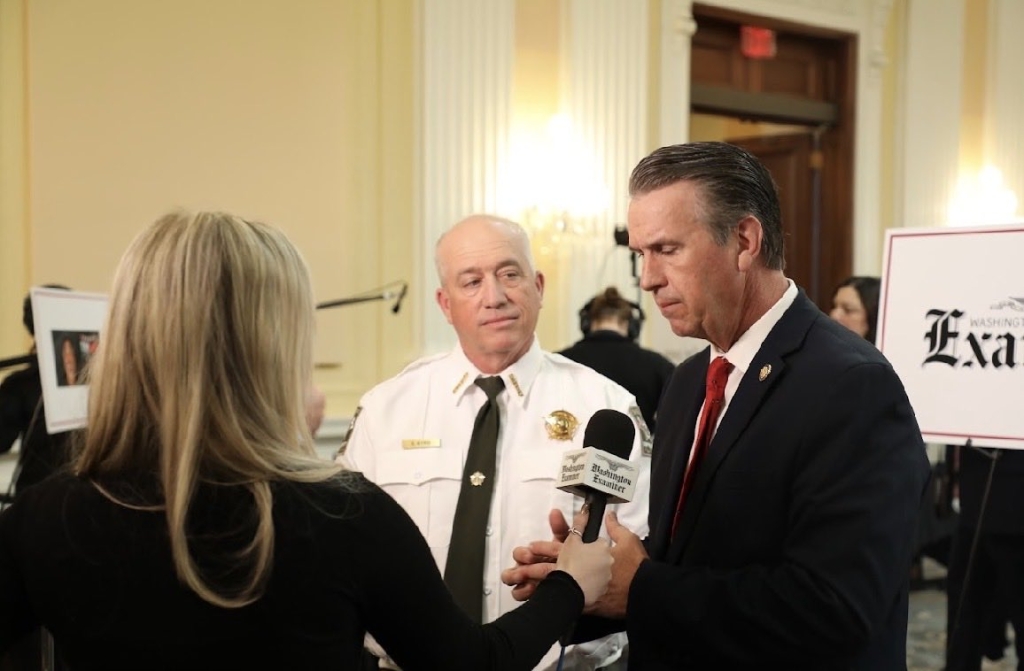Most Americans have to work for a living. We must trade for the goods and services we want to consume, and for most of us, we trade our labor. Conflict over two legal work classifications, employees and independent contractors, illustrate how government’s rules can imperil economic prosperity.
People must work for a living, but people who want a job done, must secure assistance voluntarily through compensation. Difficult, physically demanding, boring, and dangerous tasks will require extra compensation.
Regulation heavily burdens business. According to a U.S. Small Business Administration study, federal regulations cost small businesses over $10,000 per employee. The National Small Business Association found that small businesses face $83,000 in regulatory costs during their first year of operation when owners struggle just to survive. Around 30 percent of a business’ labor cost is for benefits and paperwork.
How much do government rules affect hiring? Rules affecting employees include the minimum wage, overtime pay, workplace safety rules, collective bargaining and the National Labor Relations Act, the Americans with Disabilities Act, the Civil Rights Act, immigration eligibility, worker’s compensation and unemployment compensation. Many regulatory rules do not apply to independent contractors. Furthermore, requirements imposed on larger businesses are generally based on employees, not contractors.
Consumers must eventually pay for a business’ costs of complying with state and federal laws and rules. And costs tied specifically to employment reduce hiring to do tasks which create value in our economy. Half of small businesses report having held off hiring due to regulation.
Why do politicians impose so many rules on employment? In part, because mandates cost the government little; politicians do not spend tax dollars to boost wages or pay insurance premiums. The complexity of employment relations also matters, helping sustain an illusion of significant benefits to workers.
Businesses care about the full cost of an employee, meaning the wage or salary plus the cost of benefits, training, required paperwork, and so forth. When government mandates better terms for employees on one item, businesses can trim back others to contain the cost. For instance, less on-the-job training or flexibility in scheduling can offset the cost of a higher minimum wage.
The adjustments can cancel out mandated benefits. A college student might consider an $8 per hour job with the flexibility to adjust work hours around exams equal to a $10/hour with no flexibility. Raising the minimum wage to $10/hour may lead employers to eliminate flexibility, leaving the college student no better off.
Such offsets of government policies often go unnoticed. Supporters celebrate a hike in the minimum wage, or mandatory overtime pay, or required health insurance. Adjustments like a loss of scheduling flexibility may never get linked back to the policy. The mandate appears like a better deal than in reality.
As rules increased the cost of employment, businesses have not surprisingly tried reclassifying employees as independent contractors. The IRS and state governments enforce rules regarding these classifications, but some employers clearly try to bend the law. Efforts by state and federal regulators to protect traditional employment, however, also frustrate Americans seeking new self-employment options.
Work flexibility will be crucial to realize the full potential of the sharing economy. Exploiting opportunities for sharing will require many people to perform small tasks. Scooter rental companies like Spin and Lime, for instance, need people to charge their electric vehicles left on city sidewalks. Power and gardening tools sit in garages most of the time and could be widely shared. Getting tools to paying users and back to their owners will require on-demand delivery service. Each rental is unlikely to generate enough surplus value to cover employees’ costly regulations.
A market economy enables voluntary action in pursuit of our goals. The labor market forces people to pay for tasks they want performed. Burdensome government rules should not prevent willing parties from agreeing to deals to get work done.
Daniel Sutter is the Charles G. Koch Professor of Economics with the Manuel H. Johnson Center for Political Economy at Troy University.













